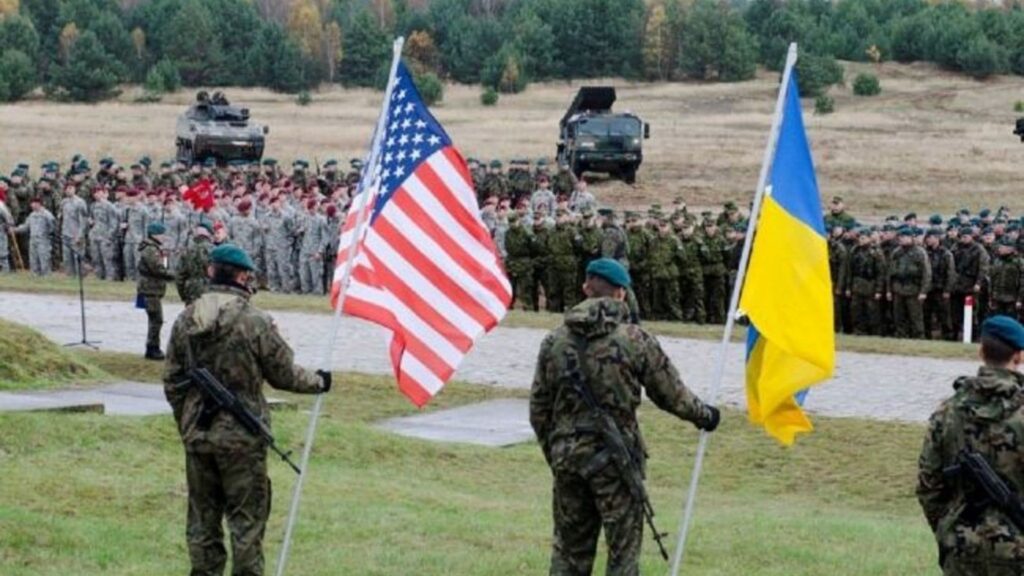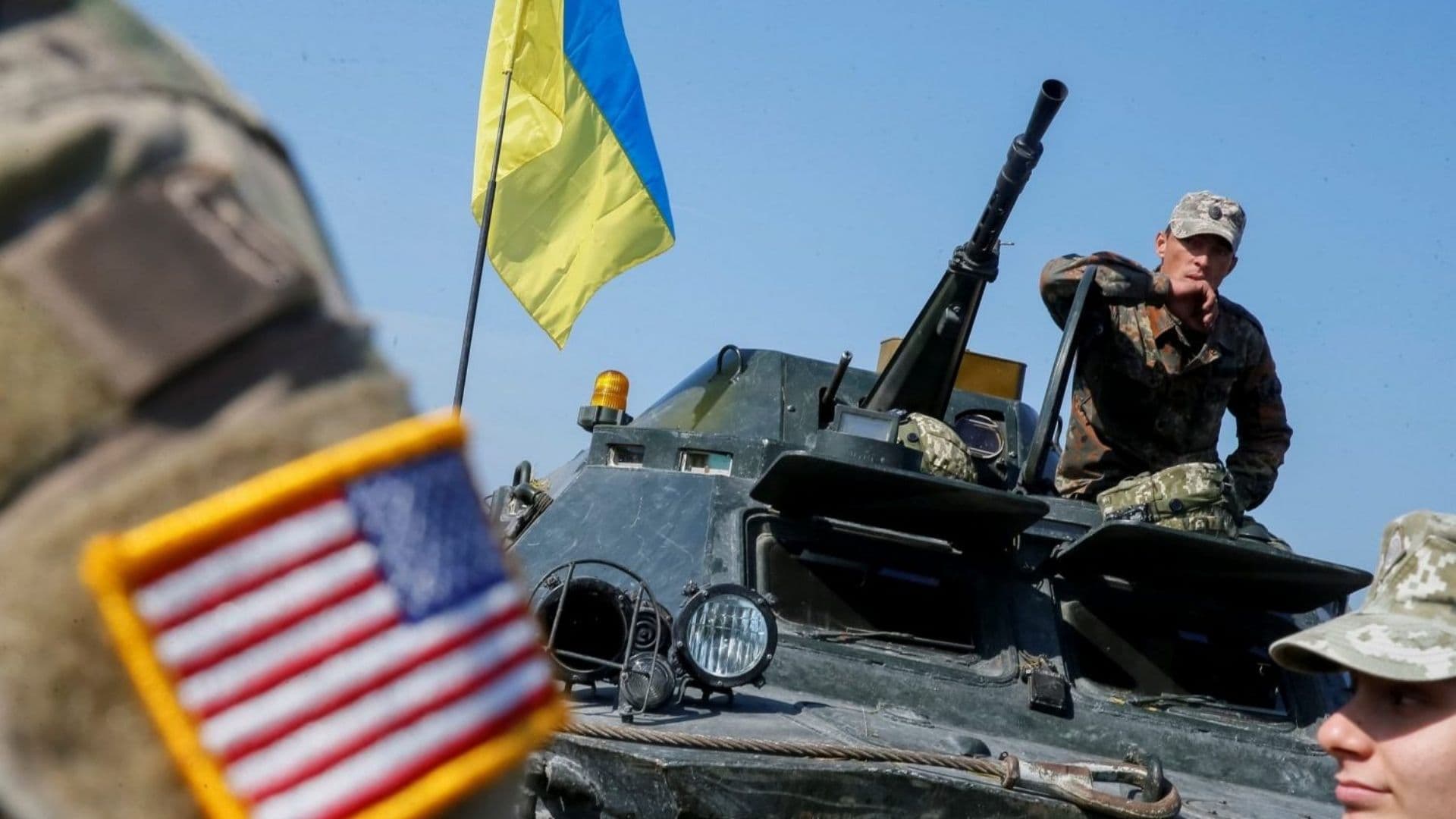The United States has led the world in providing aid to Ukraine since Putin’s unprovoked invasion. Our support has ranged from the Javelin anti-armor systems that have halted Russia’s tanks assaulting Kyiv to the Stinger air defense systems that have protected Ukraine’s civilians and critical infrastructure. We have also provided vital economic and humanitarian assistance, including helping Ukrainians maintain access to basic services like healthcare and heat.
According to the Kiel Institute of World Economy, the Biden Administration and Congress have committed over $75 billion in non-military support to Ukraine. These historic sums are helping a wide array of Ukrainian people and institutions from refugees to law enforcement to independent radio broadcasters. This unprecedented level of support has helped Ukraine inflict immense damage on Russia’s military and economic capacity and has allowed it to continue fighting for its independence.
Those who oppose continuing the war or cutting aid should realize that Russia’s economic and financial collapse has depleted its war reserves, crippled its ability to borrow money, and reduced its ability to fund any future conflict. And to demand that Ukraine pay for any part of its own defense is simply ludicrous.
The planning of future aid should be tied directly to the search for a viable peace settlement. But a viable peace can’t come until Russia is forced to accept terms that will ensure Ukraine’s survival.

What is the U.S. Interest in the Ukraine War?
The United States has a vital national interest in a stable and secure Europe, dating back to the formation of NATO in 1949. A Russia victory in the Ukraine war would jeopardize that interest, undermine our alliances with European allies, and encourage Putin’s expansionist ambitions.
While the United States has limited economic and military resources, its partners in NATO are willing to match what the U.S. can do in the form of support to Ukraine. As a result, the US-led coalition has already provided more than $50 billion in security assistance to help Ukraine fight off Russia’s unprovoked aggression.
This assistance has been critical to Ukraine’s defense. It has helped Ukrainian forces hold their ground and win major victories against a much more formidable Russian force, giving them an edge in intelligence, targeting, and communication capabilities. Ending this aid, or cutting it to ineffective levels, would be an act of strategic stupidity that snatches defeat from the jaws of a considerable victory and betrays the principles on which the United States is based.
Moreover, an open-ended war against Ukraine will likely cost Moscow public support and the ability to mount any more substantial offensives in the future. Despite these realities, some members of Congress are pushing to reduce this aid in the name of “fiscal responsibility.” Such cuts would be extremely short-sighted and could ultimately cost the United States its leadership role as a global defender of freedom.
Finally, the United States is worried about Russia’s attempts to destroy a rules-based international order. As such, America’s support of Ukraine is part of a larger strategy to deter Russia from causing more instability in Europe and elsewhere around the world.
While some Americans bristle at the cost of backing a foreign war, others recognize that success in Ukraine could have positive ramifications worldwide. This understanding is reflected in the broad coalition of support that has developed for Ukraine among the United States’ most prominent allies and in a growing number of Americans who say they want to see the U.S. do more to support Ukraine in the war’s final stages and through the years of postwar recovery.
